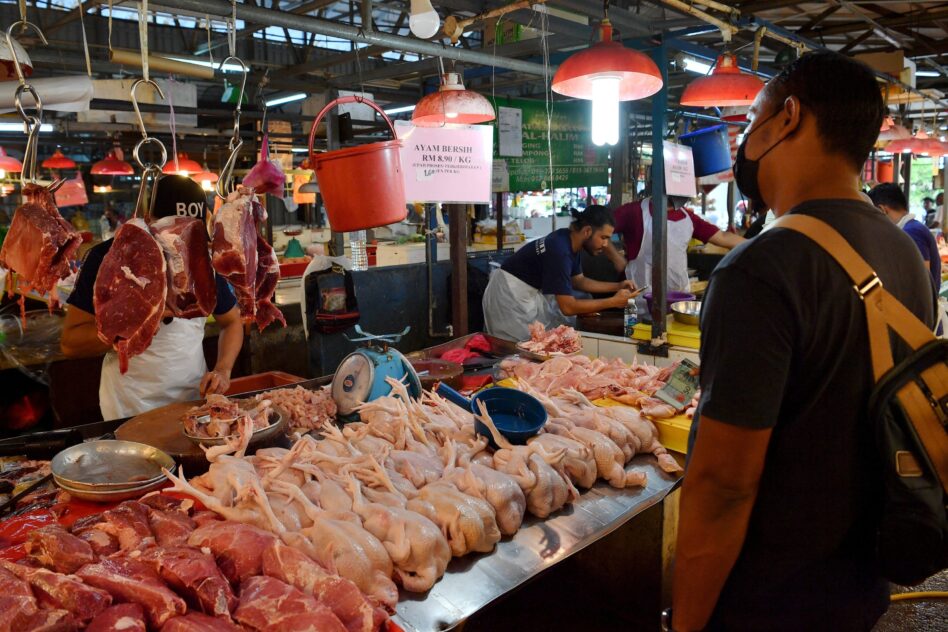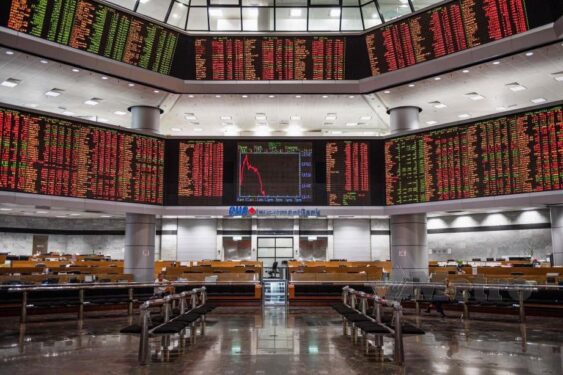ALLIANCEDBS Research maintains its view that the 2020 headline inflation will average higher at 2% on the back of the low base effect from the preceding year, coupled with higher market-floated pump prices with the commencement of the government’s targeted petrol subsidy programme.
The upcoming announcement of a special fiscal stimulus package that could marginally boost the people’s purchasing power is also expected to play a role.
Malaysia’s Consumer Price Index (CPI) grew 1.6% year-on-year (yoy) in January, higher than the 1.0% during the last month of 2019.
According to AllianceDBS Research, on a yoy basis, the three-month moving average for CPI expanded 1.2% (Dec19: +1.0%) while core inflation grew 1.6% (Dec19: +1.4%) – both indicating that the underlying trend of inflationary pressures have normalised faster vis-à-vis the weak inflationary trend last year that is attributable to the low base effect of consumption tax policy changes, as well as demand pull inflation amid Chinese New Year (CNY) festive spending.
In January, the expansion in inflation was mainly led by higher prices for transport (3.9% yoy), miscellaneous goods and services (2.5% yoy), education (1.7% yoy) and housing and utilities (1.7% yoy) which offset the contraction in the clothing and footwear segment (-1.2% yoy).
During the month, the transportation sector’s prices (14.6% of total CPI) rebounded 3.9% yoy after 14 consecutive months of contraction mainly attributed to higher transport spending amid the festive season and the rebound in fuel and lubricants for personal transport equipment that captures retail pump prices.
Notably, prices in January were relatively higher than last year (RON95: Jan20: RM2.08 per litre vs Jan19: RM1.95 per litre). As a side note, the recent fall in Brent crude oil price to below US$60 per barrel had prompted the government to revise downwards pump prices for RON95 and diesel in early February.
In terms of the type of goods and services, durable and non-durable goods expanded 1.8% and 1.6% yoy respectively while services grew 1.8% yoy during the month.
Meanwhile, the food and non-alcoholic beverages segment inflation (29.5% of total CPI) moderated to 0.9% yoy (Dec19: 1.7% yoy), as expected, mainly attributed to the lower prices of fish and seafood (+1.2% yoy) and meat (-4.5% yoy).
In fact, food prices, which include meat, eggs and vegetables, were monitored during the implementation of the Festive Season Maximum Price Control Scheme (SHMMP) in conjunction with the CNY festival in January.
The implementation of the Integrated Enforcement Management System (IEMS) to conduct price checks on goods is largely expected to lower the price of foods in the upcoming months. – Feb 24, 2020












